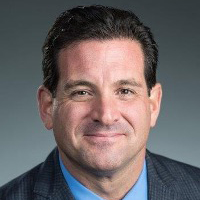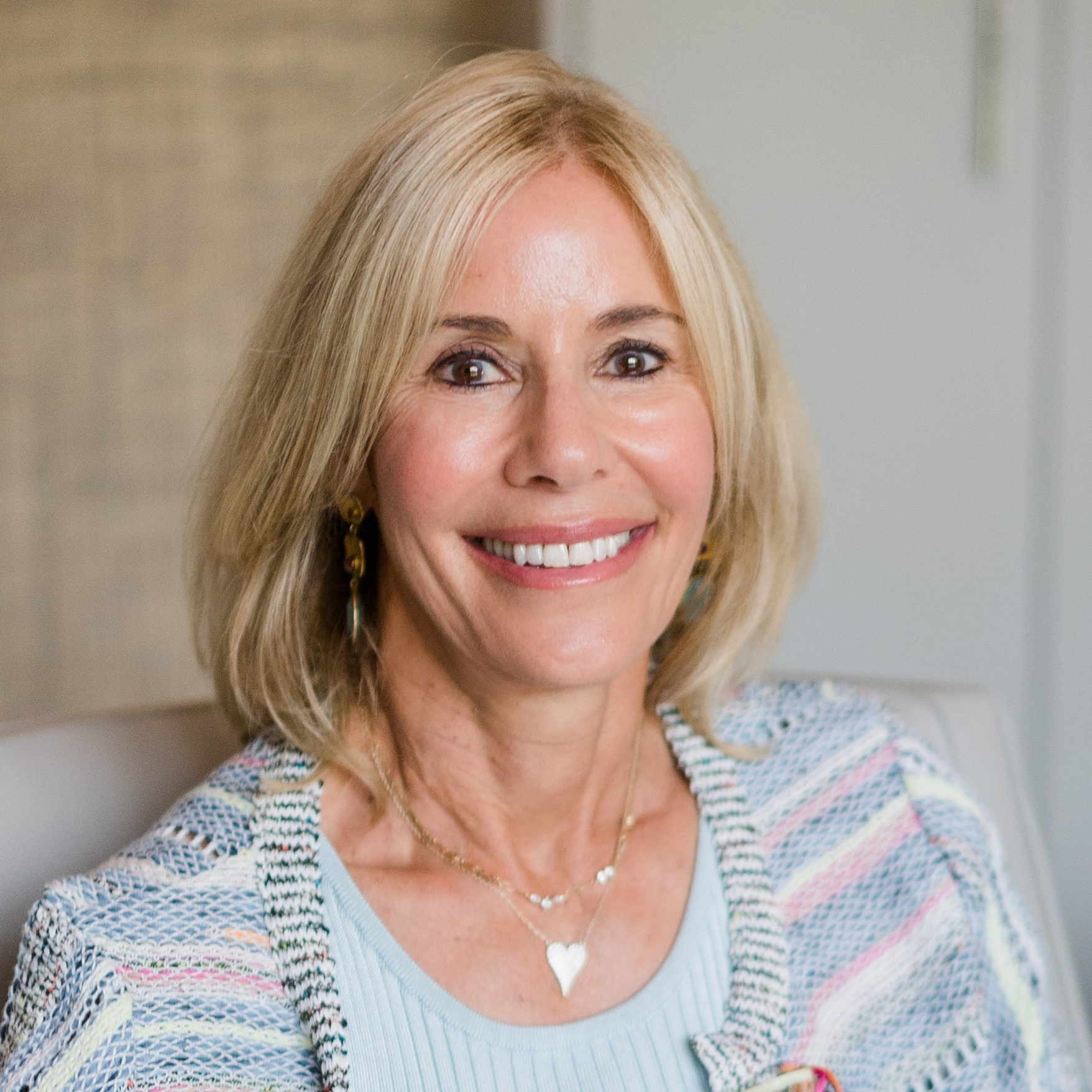When you’re young, your greatest resources are your time and health, though you likely don’t have as much money. As a CPA, you may consider delaying retirement until full retirement age or beyond to build a sizeable nest egg. However, by that time, your health may begin to falter, and you’ll have less time to enjoy it. So why not retire while you still have your health and plenty of time left?
The Reasons to Retire Early
When people think of risky professions, they probably think about cops, firefighters, soldiers, and construction workers, and it’s likely that accounting doesn’t even register on their radar. However, accounting does come with its own set of dangers and risks. In accounting, errors can lead to disaster, deadlines are tight, and the hours are long. All of this leads to higher rates of stress, burnout, and depression compared to other professions.
Beyond the potential mental issues accountants face, there are also physical issues. Accountants are generally desk-bound, and a sedentary lifestyle can wreak havoc on our bodies.
Once you retire, you can begin to rewind the years of stress and sitting by finally spending time with friends, family, and loved ones, seeking new opportunities, and, in a word, relaxing! You certainly deserve it after the harsh demands of a CPA career. However, while this may all sound great, you have to be prepared.
Five Retirement Risks to Keep in Mind
Retiring early might sound like a dream, but it comes with its own set of risks you need to prepare for. First up is inflation—it can eat away at your savings faster than you think, especially over a long retirement. Add to that market volatility, and your nest egg could take a hit when you least expect it. Then there’s the sequence of returns risk, which means the timing of your withdrawals can impact how long your money lasts.
Speaking of which, you also have to consider longevity risk—living longer than you anticipated and running out of money. As a very general rule of thumb, one should seek to retire with about 25 times their annual living expenses saved while factoring in inflation rates, Social Security benefits, projected expenses, investment returns, and life expectancy.
Fortunately, we have plenty of tools to aid us in planning for a retirement full of risks and unknown factors, such as tax-efficient retirement accounts, annuities, insurance policies, and tax-efficient withdrawal strategies to bring them all together.
Healthcare Considerations for Early Retirement
One of the biggest challenges of early retirement is managing healthcare costs before you become eligible for Medicare. Without employer-sponsored insurance, you’ll need to explore options like purchasing private insurance or using a Health Savings Account (if you have one). Another essential consideration is long-term care insurance or a long-term care annuity, both of which can help cover the costs of extended care down the line – and as a CPA, the chances are high that you’ll need it at some point.
Fortunately, many healthcare expenses can potentially be avoided (or at least reduced) by maintaining a strict diet and exercise regimen. Physical activity helps reduce the risk of chronic diseases like heart disease and diabetes and even leads to a 50% reduction in rates of Alzheimer’s and dementia! It also improves bone strength and balance, lowering the chances of falls and fractures. Yoga and other exercises that challenge balance can reduce the risk of falls by 23%! On top of that, exercise boosts your mood, energy levels, and sleep quality, all of which contribute to a better overall quality of life.
So, if you decide to retire early, be sure to integrate exercise from day one and stick with it! As a CPA, you have years of sitting and stress to make up for, and retiring to just go sit on the couch and watch Netflix all day long could lead to a shorter retirement than planned–or at least a more expensive one from all of the medical bills you’ll rack up.
Retiring to Something, Not from Something
Many retirees find that leaving the workforce without a plan can lead to a sense of purposelessness. In fact, around one-third of retirees experience symptoms of depression, often tied to a loss of identity and social isolation after they stop working. The shift from a busy work life to a vast amount of free time can leave people feeling aimless if they haven’t thought through how they’ll spend their days.
That’s why it’s crucial to plan for what’s next—pursuing hobbies, starting a second career, or even volunteering should come to the forefront of your days as a retiree. For example, research shows that volunteering reduces depression and social isolation while contributing to overall quality of life and satisfaction. Why not do something that will not just help others but also yourself? It really is a win/win!
Retirees who stay active and engaged often feel more connected and fulfilled, avoiding the boredom and anxiety that can come with a lack of structure.
In Conclusion
Retiring early offers the opportunity to escape the high-pressure demands of your career and enjoy more time with loved ones. However, it also introduces several risks, including less time for your retirement savings to grow, increased exposure to inflation and longevity risk, and a gap in affordable health coverage until Medicare begins. If your finances can’t support it, early retirement may simply not be feasible.
That said, with proper planning and the effective use of the right tools, early retirement could become more achievable than you might think. A financial specialist can help you navigate these tools, assess the feasibility of early retirement, and create a plan tailored to your goals. This way, you can retire not just from something—but to something fulfilling and financially secure.
Click the button below for a complimentary consultation and a 25-page social security analysis and strategy report!








